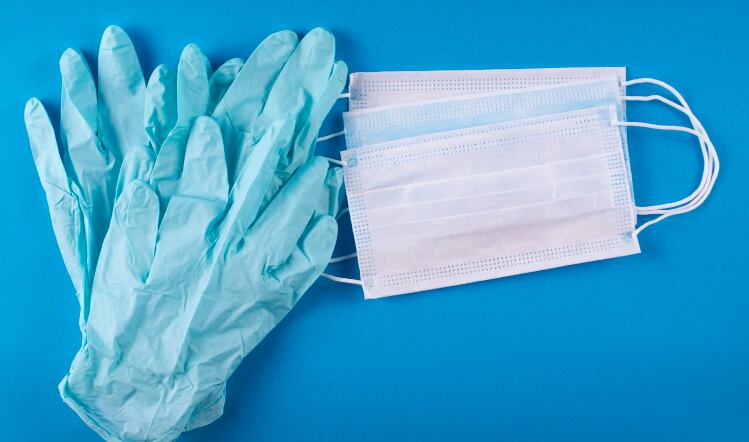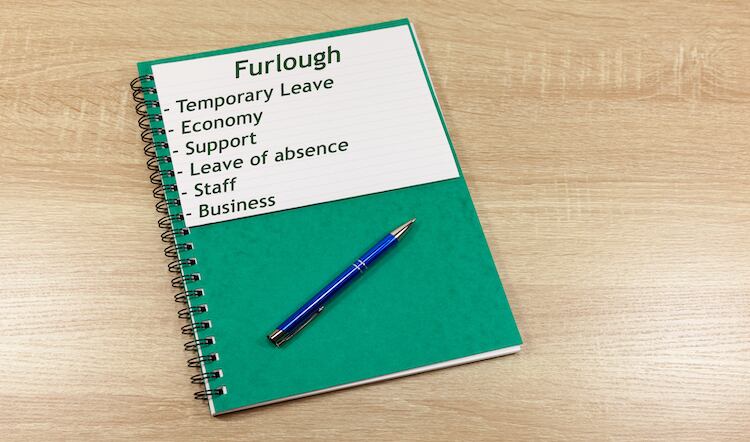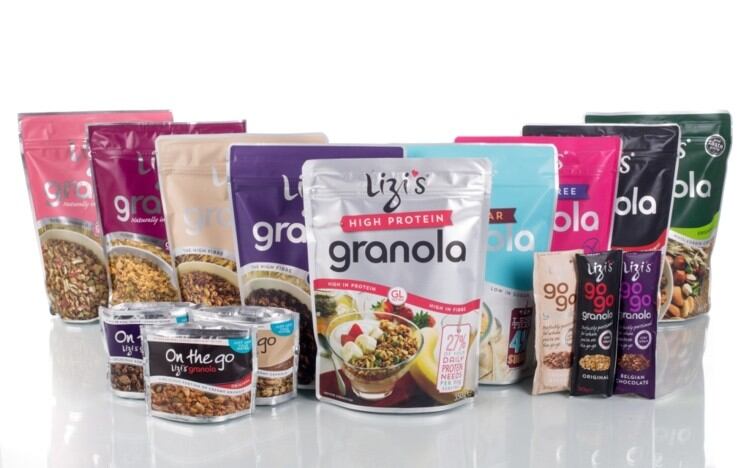In an effort to tackle these shortages, the union has partnered with PPE Exchange to ensure frontline workers get access to the protective gear they need.
Supported by the Confederation of British Industry, the initiative links companies with the capacity to make PPE with frontline businesses that are facing a critical shortage.
PPE Exchange’s website also included a map, that showed parts of the country where PPE shortages were particularly acute in real time.
‘Crying out for PPE’
Tim Roache, GMB general secretary, said: “Frontline workers are crying out for PPE. It needs urgent Government action, but that just hasn’t been forthcoming – so we’re doing our bit with PPE Exchange to try and get much-needed and lifesaving supplies to the front line. It’s a fantastic initiative.”
The search for PPE for frontline businesses will become increasingly important should further pressure be put on Government to make it mandatory for all staff to wear masks, as the Scientific Advisory Group for Emergencies considered masks could help stop the spread of the disease.
This ran counter to previous Public Health England guidelines released earlier this month that advised against workers in factories wearing PPE.
Cutting down PPE use
Health and Safety Executive (HSE) guidelines also advised cutting down the use of PPE in factories to help get supplies to areas that needed it the most – such as in areas where occupational asthma were at high risk levels.
In an open letter to the industry, the HSE said: “We are aware that, currently, there is a restricted supply of dust masks (PPE) across many parts of the food industry and that many employers still rely on them to control exposure to hazardous substances.
“However, suitable control can often be achieved using good working practices and local exhaust ventilation (engineering controls), which then means that employees do not need to wear dust masks, reducing overall pressure on the supply chain.”
Meanwhile, shortages in packaging supplies and PPE could spark compliance issues for food and drink manufacturers, according to food safety assurance specialist Lloyd’s Register.





